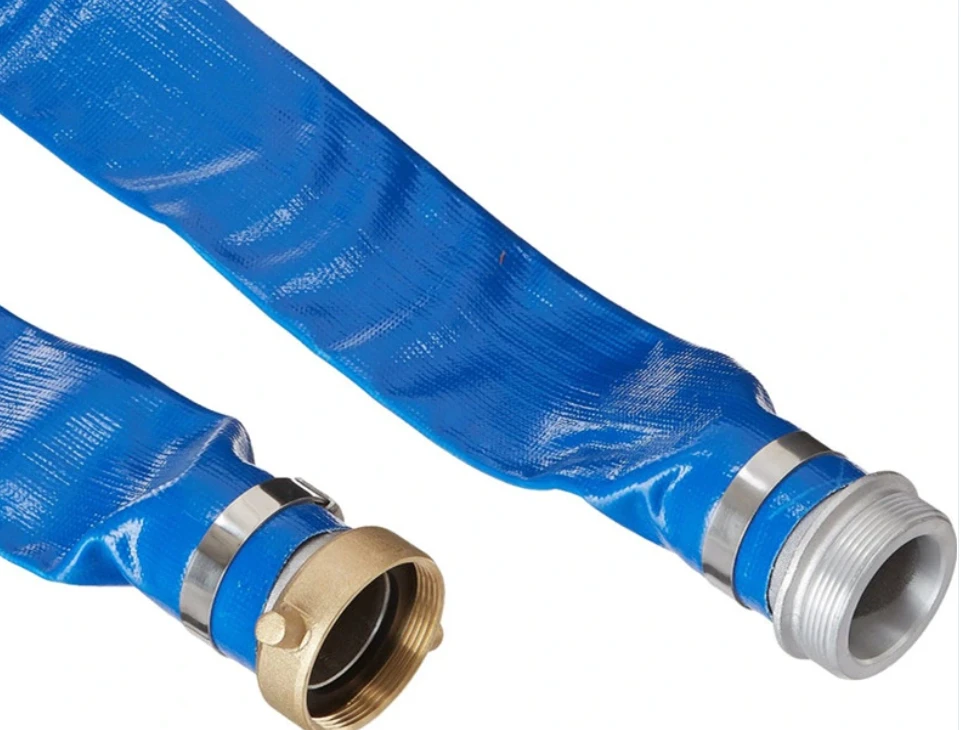Feb . 15, 2025 16:59
Back to list
LPG Gas Transfer Hose Connection Hose for Stove
Navigating the world of LPG hoses requires more than just a basic understanding of its functionality; it demands a deep dive into the nuances of quality, safety, and utility. With LPG (Liquefied Petroleum Gas) being a widely used fuel source across both residential and commercial sectors, ensuring you have the right hose is paramount for effective and safe operation.
Safety standards and certifications are areas that cannot be overlooked. When selecting an LPG hose, check for compliance with international safety standards such as ISO 2928 or EN 1762. These certifications are indicative of the hose having undergone rigorous testing processes to meet safety and performance benchmarks. Opting for hoses that have these certifications can significantly enhance the trustworthiness and reliability of the product. In addition to safety standards, customer reviews and expert recommendations provide insight into the hose's performance in real-world scenarios. User feedback often covers aspects like ease of installation, longevity, and overall satisfaction. Meanwhile, expert reviews might delve into technical specifications and efficiency metrics, providing a well-rounded perspective. Understanding the environmental impact of LPG hoses and promoting sustainability in your selection process can add another layer of credibility. Opt for hoses manufactured using environmentally friendly processes and materials that have minimal impact on the ecosystem. This decision not only supports the planet but also aligns with the growing consumer demand for sustainable products. For a commercial setting, volume and pressure requirements could differ significantly from a residential application. Businesses involved in the industrial usage of LPG must ensure that their hoses can accommodate higher pressure ratings and voluminous gas flow. In such cases, seeking a professional assessment to verify that all equipment, including hoses, is of the right specification is wise. In conclusion, the selection of an LPG hose is a decision weighted with importance, impacting both safety and efficiency. By prioritizing factors such as material quality, proper sizing, appropriate fittings, maintenance, compliance with safety standards, and environmental considerations, consumers can ensure optimal performance and longevity of their LPG systems. It’s crucial to source these products from reputable suppliers who provide high-quality, certified LPG hoses. By doing so, users can have peace of mind knowing that their LPG supply is in safe hands, contributing to a secure and sustainable energy solution for their home or business.


Safety standards and certifications are areas that cannot be overlooked. When selecting an LPG hose, check for compliance with international safety standards such as ISO 2928 or EN 1762. These certifications are indicative of the hose having undergone rigorous testing processes to meet safety and performance benchmarks. Opting for hoses that have these certifications can significantly enhance the trustworthiness and reliability of the product. In addition to safety standards, customer reviews and expert recommendations provide insight into the hose's performance in real-world scenarios. User feedback often covers aspects like ease of installation, longevity, and overall satisfaction. Meanwhile, expert reviews might delve into technical specifications and efficiency metrics, providing a well-rounded perspective. Understanding the environmental impact of LPG hoses and promoting sustainability in your selection process can add another layer of credibility. Opt for hoses manufactured using environmentally friendly processes and materials that have minimal impact on the ecosystem. This decision not only supports the planet but also aligns with the growing consumer demand for sustainable products. For a commercial setting, volume and pressure requirements could differ significantly from a residential application. Businesses involved in the industrial usage of LPG must ensure that their hoses can accommodate higher pressure ratings and voluminous gas flow. In such cases, seeking a professional assessment to verify that all equipment, including hoses, is of the right specification is wise. In conclusion, the selection of an LPG hose is a decision weighted with importance, impacting both safety and efficiency. By prioritizing factors such as material quality, proper sizing, appropriate fittings, maintenance, compliance with safety standards, and environmental considerations, consumers can ensure optimal performance and longevity of their LPG systems. It’s crucial to source these products from reputable suppliers who provide high-quality, certified LPG hoses. By doing so, users can have peace of mind knowing that their LPG supply is in safe hands, contributing to a secure and sustainable energy solution for their home or business.
Latest news
-
Top Quality Oxy Acetylene Hoses for Sale Fit for Welding DemandsNewsJul.28,2025
-
The Future of Pneumatic Air Tubes in IndustryNewsJul.28,2025
-
Superior and Reliable LPG Hose Pipe Solutions for Every NeedNewsJul.28,2025
-
Exceptionally Durable and Versatile Premium Braided PVC TubingNewsJul.28,2025
-
Best Adapters for Connecting Garden Hose to PVC Pipe ConnectionsNewsJul.28,2025
-
The Essential Role of LPG Hoses in Safe and Efficient Gas DistributionNewsJul.16,2025
HOT PRODUCT
Provide You The Highest Quality Work
INQUIRE














